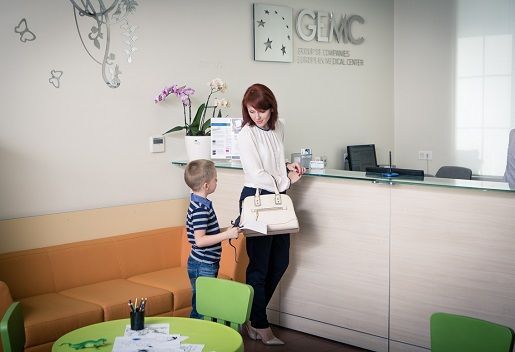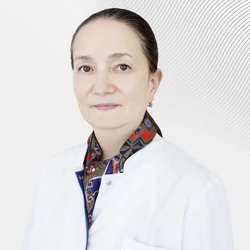Pediatric Urology
Children`s Clinic
Make an appointment for a consultation and we will contact you to clarify the details.
Services
Make an appointment for a consultation
Specify your contacts and we will contact you to clarify the details.
Questions and answers
Are there any disadvantages of bariatric surgery?
The disadvantages of bariatric surgery include:
-
the risk of possible complications and medical errors if the operation is performed by an insufficiently qualified surgeon;
-
lifelong changes in the anatomy will be impossible to restore the original state of the digestive tract;
-
the high cost of the operation.
Is it possible to recover after bariatric surgery?
In some cases, patients can gain several kilograms back within 7-10 years after surgery. This is usually due to non-compliance with dietary recommendations offered by the attending physician after surgery, or to psychological causes of obesity, for example, in patients with an eating disorder.
How fast does weight go away after bariatrics?
According to research, during the first month after bariatric surgery, a patient can lose up to 17% of excess body weight. For example, for a patient who weighs 115 kg with an ideal weight of 70 kg, weight loss in the first month may be 7.5kg. Six months after surgery, most patients lose more than half of their excess weight.
How many days will you have to stay in the hospital after surgery?
Depending on the type of surgery, patients spend an average of up to 4 days in the hospital.
Which operation is most effective?
Gastric bypass surgery is considered the most effective method of bariatric surgery, which allows you to lose up to 75% of excess body weight. The preferred type of intervention, taking into account the indications and individual characteristics of the patient, will be selected by the doctor based on the results of a preliminary examination of the patient.



